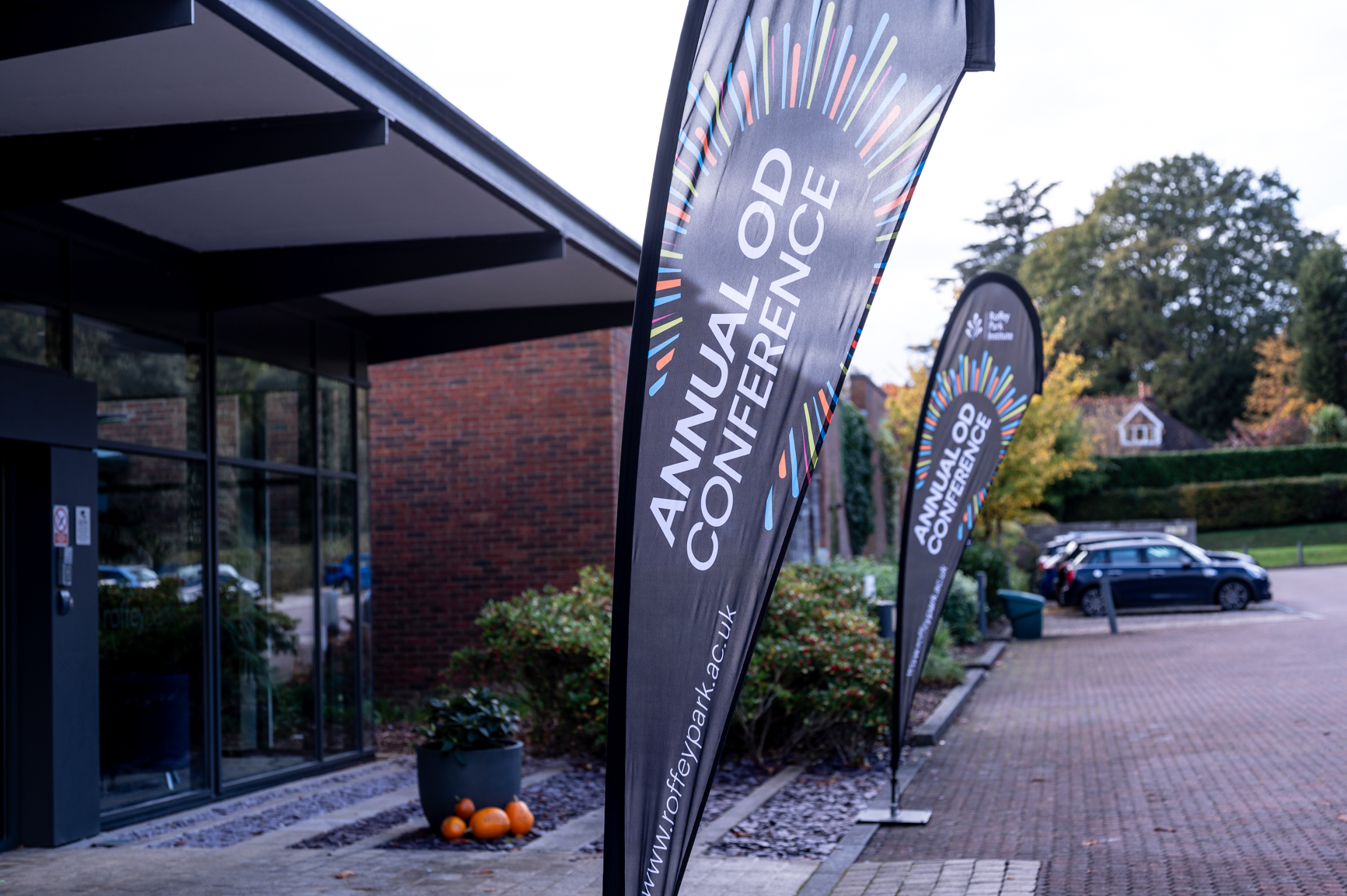Football is a simple game – twenty-two people run around trying to kick a ball into two nets. But underneath the surface, when only the very few reach the top, it can be one of the most strategy-intense, pressurised and scrutinised sports in the world. As a child growing up, all I did was want to become a professional footballer. However, sometimes I do not envy some moments in the lives of superstars. It is not a secret that the UK media, to put it politely, enjoy a scapegoat; Southgate in 1996, Beckham in 1998 and Saka in 2021. During David Beckham’s recent Netflix documentary, it pained him to relive these moments – feelings of desolation, depression and self-blame. Gareth Southgate and Bukayo Saka the same.
A lot of the time football players are blamed and targeted due to missing a penalty during a penalty shootout. Penalty shootouts are the pinnacle of pressure-cooker-like moments, to keep your cool in a cauldron of emotion knowing your whole country is watching at home takes unmeasurable amounts of courage and bravery. But ironically, those brave enough to represent their country are put to the sword immediately if they fail. England had never had an excellent penalty shootout record in major competitions – before this summer’s European Championships, England had only won one in five. So, after one of the most impressive penalty shootout performances against Switzerland just over two weeks ago, what has changed in today’s modern game? How has a focus on strategy positively affected performance? And what lessons can we learn from penalty shootouts that we can apply in today’s organisations?
Strategy wins even during the most chaotic of moments
Previously, penalty shootouts were relatively ad-hoc. At the end of the game, those still on the pitch would either volunteer or if there were not enough volunteers, chosen on their ability to strike a ball and score goals. A lot of the time, this would lead to the most proud and courageous left on the pitch to take a penalty, regardless of their ability to put the ball in the back of the net. Take both Stewart Pearce and Gareth Southgate’s penalty misses during the Euro ’96 campaign as examples. Two of the most staunch, proud Englishmen in the changing room but both defenders by trade, not goalscorers. Essentially, there was never any strategy and never any aforethought to penalty shootouts. Well, how hard can it be to score from twelve yards?
Southgate learnt from his own mistakes as a player and was adamant about not letting history repeat itself. As soon as Southgate took over as England boss, he quickly set up an 18-month task force assigned to end England’s penalty shootout torment. Now, eight years later England hit a unique milestone, the first time they have netted five out of five in a shootout. Southgate and his backroom staff have created “the most robust set-up in the world” from twelve yards in the mind of Geir Jordet, a professor in psychology and football at the Norwegian School of Sport Sciences. But how?
England has focused on controlling the controllables, giving them the best possible platform to perform. The whole squad knows, before the game, who the designated penalty takers will be, with agreed-upon reserves in the cases of injury. We saw against Switzerland that as soon as the final whistle blew, Southgate huddled with only the eleven players on the pitch with the rest of the squad sent away, unlike before. This new strategy allowed him, as a leader, to have those valuable last few moments with the individuals and inspire them directly. In a period of madness came a moment of calm, but this was not by chance.
This new approach from Southgate and his team highlights the importance of having several strategies. Of course, plan A is to try and win the game in ninety minutes, plan B is to manage the game how they see fit during extra time and plan C, a penalty shootout. Organisations need to strategise, whilst also maintaining the ability to be organisationally agile. Unlike before where there was little to no plan for penalties, Southgate has ensured that despite whatever bump in the road, there is some sort of plan for most situations.

It’s a team game, even when alone
The second new strategic initiative Southgate and his team implemented was a buddy system. Each taker was assigned a buddy to welcome them back into the team on the halfway line after their spot-kick, to embrace the pressure collectively rather than have it on one individual, as well as support the individual in success or failure. The famous images of players head-bowed walking back alone after missing gives any football fan nightmares.
Furthermore, while most teams stand in the traditional chain of interlocked arms, the England players stood more loosely with their arms by their side to avoid the tactics of an ‘us vs you’ situation when returning from the spot-kick. This ‘open-armed’ image coinciding with the buddy approach certainly derives from the power of psychological safe spaces and the impact that has on feelings of belonging, well-being, the reduction of pressure and ultimately improved performance. Support from your leader and peers, especially in moments of incomprehensible stress can be invaluable and England learnt from years of collective heartbreak and individual hurt.
The power of taking a moment
The power of taking a moment. Now not only did England’s players do this so well, but you see this more and more in the modern game with the introduction of sports psychologists and performance analysists. Who knew how many different techniques there are to running up and kicking a ball from twelve yards into the net? In the early days of football, players would lay their cards on the table early – run and kick it hard. Then the more relaxed technicians put their stamp on spot-kicks opting for accuracy and delicacy to beat the goalkeeper. Now, for the most part, it is a cat-and-mouse game. Not only do players try to score but they think the most effective way of doing so is to outwit the goalkeeper.
Traditionalists will say ‘Just put the ball in the net!’, but there seems to be a huge increase in scored penalties lately and a lot of that comes down to the preparation a player takes before striking the ball. We see it a lot now where a player will place the ball on the spot, measure their run-up and before starting their move, take a moment to fill their lungs and exhale. Again, in a moment of madness comes a moment of calm. This was apparent in the Portugal vs Slovenia game during the Euros where all of the Portugal players opted for the breathing technique whereas most of the Slovenia players opted for a more rushed approach. Portugal won.
There is a lot of power in waiting for the moment. Upcoming Roffey Park OD Conference speaker, Ku’ulani Keohokalole, said, “Sometimes our dominant way of being, especially in the corporate world, is to fill any given moment with words or actions rather than waiting for the right moment.” Waiting for the moment is not about doing, it is about being, about existing and being present and being mindful, focusing on the strategy and not having to fill the space for the sake of it. The ability to breathe, pause and reflect is becoming much more profound in organisations and is a key strategy for measured and sustainable success.
Like Southgate, how can we develop a more effective strategy?
The power of different strategies, peer support and teamwork and the ability to take a moment and reflect before acting are all key traits for any successful organisation. If, like Southgate and England, you see the need to improve these areas then learning and development institutions like Roffey Park Institute exist to help do just that. As the home of organisation development, we specialise in working with you to co-create healthy and sustainable people and workplaces.
Our consultants specialise in strategy refresh, organisational design, culture change and employee engagement, acquisition and retainment. Get in touch with us to co-collaborate and boost your competitive advantage.





